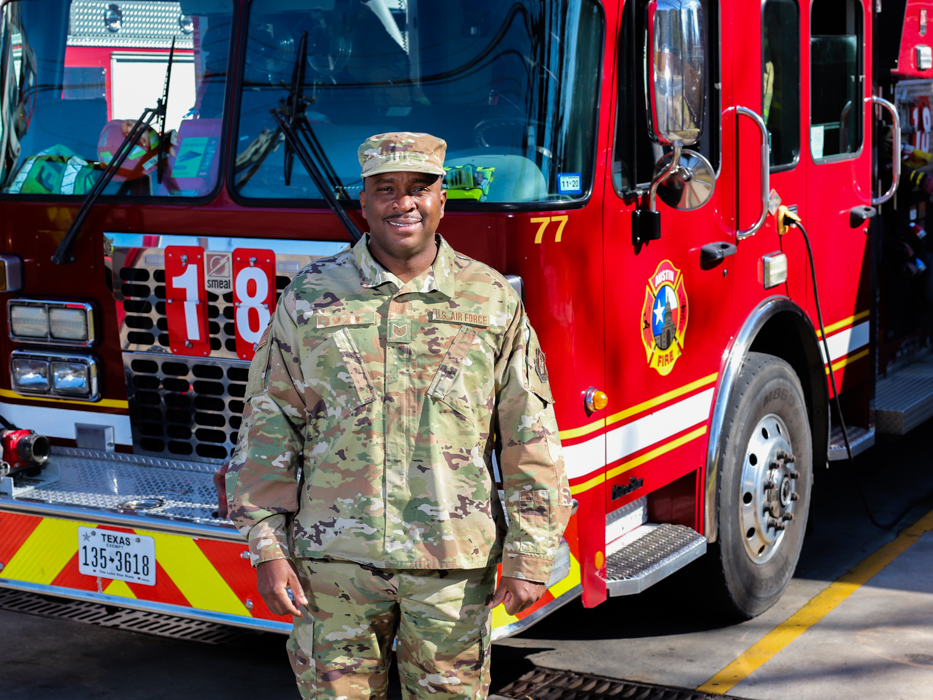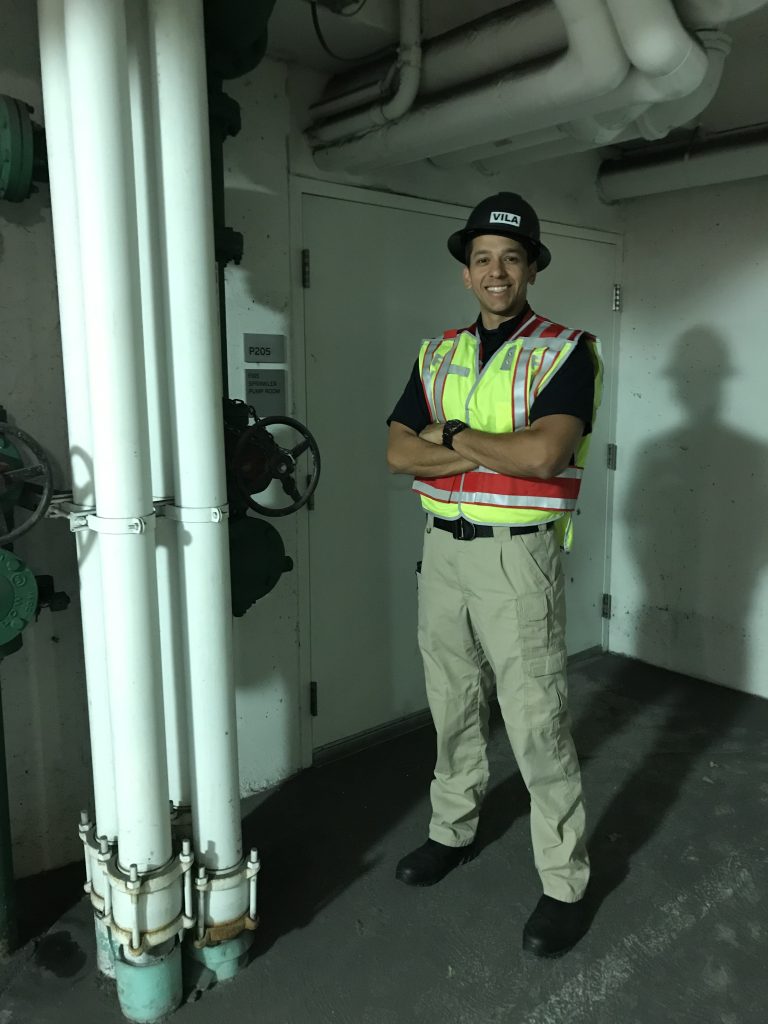By: Robert Avsec, Executive Fire Officer
“The fire service is a dynamic and diverse profession. It offers a wide array of opportunities throughout one’s career, not only through promotions but also the variety of services offered.”
So begins a very thoughtful and informative piece from my colleague, Billy D. Hayes, that’s just posted recently on FireRescue1.com, 8 fire service careers that don’t involve running into burning buildings (Where we are both frequent contributors).
Chief Hayes goes on to say, “While most people who seek to join the fire service want to serve as a firefighter, there are countless individuals who, for any number of reasons, will never have the opportunity at this career path. Fortunately, there are several opportunities for these individuals who want to be a part of a fire department without having to run into the burning building. Further, such opportunities help organizations diversify their services by hiring individuals who are skilled in areas that don’t typically align with firefighters’ core skill sets.”
Another key point to add to Chief Hayes’ article is that recruiting civilian SMEs and retired firefighters, gives those individuals the opportunity to focus on professional development pertinent to their role. That’s good for the individual and the organization.
Rather than perhaps having active-duty firefighters rotate in and out of a position every couple of years–taking their acquired knowledge with them–the strategy outlined by Billy would be more cost-effective IMHO.
One downside, for many fire departments is that, unless they can obtain funding for such positions, they are forced to “use” one of their funded firefighter slots to pay for that position being filled by a non-active-duty firefighter. One of those budgetary “Catch 22” situations that face fire departments across the USA.
In addition to the eight types of positions offered up by Chief Hayes, here are a couple of more for fire departments, especially volunteer fire departments, to consider:
Risk Managers. While Chief Hayes listed Safety Officer, an experienced risk manager can provide an organization with many risk management services ranging from policy and procedure reviews to regular risk assessments for all facilities that the department is responsible for (e.g., fire stations, offices, training facilities). See Managing Risks: A New Framework.

Financial Risk Manager. An experienced financial risk manager would be a tremendous asset for preventing fraud and theft in any organization. In as much as most fire departments are nonprofit organizations, a financial risk manager could provide education and training to all personnel about what is fraud, who commits fraud and why, and how organizations can prevent fraud.
A good starting point to learning more about why your fire department needs a financial risk manager, see Nonprofit Fraud: It’s a People Problem, So Combat It with Governance.
Most fire departments are nonprofit organizations whether their staffing is paid, or they are volunteers. All fire department leaders have a fiduciary responsibility to ensure that fraud and theft are not taking place within their organizations.
Health and Wellness Coach. Such a person could bring valuable knowledge, skills, and experience to an organization in such fields as nutrition, exercise physiology, and rehabilitation from physical injuries.
The International Association of Fire Fighters (IAFF), in cooperation with the International Association of Fire Chiefs (IAFC), has committed to an unprecedented endeavor. They have gathered together some of America and Canada’s finest fire departments in an effort to build a stronger fire service by strengthening our foundation – the fire fighter—through the Wellness-Fitness Initiative.
Mental Wellness Coach. Most fire departments are being challenged today to respond proactively, not just reactively, to the impact that stress is having on its personnel. Firefighters taking their own lives by means of suicide is a growing mental health problem that cannot be ignored. And while peer support groups and Critical Incident Stress Management programs are good first steps in helping firefighters deal with the stress they encounter on the job, they are no substitute for firefighters having access to professional mental health services (e.g., psychologists) that can help them recover from behavioral health issues.
The Fire Service Psychology Association is an organization of fire service leaders and profession psychologists who have a mission to “Bridge the gap between the fire service and psychology.”

And where can you find people such as this for your organization? Well, a great place to start is by looking to transitioning military personnel! Many of these men and women who are transitioning from military life to the civilian world are looking for 2nd career opportunities where they can put their military knowledge, skills, and experience to work.
 Fire & EMS Leader Pro The job of old firefighters is to teach young firefighters how to become old firefighters!
Fire & EMS Leader Pro The job of old firefighters is to teach young firefighters how to become old firefighters!
